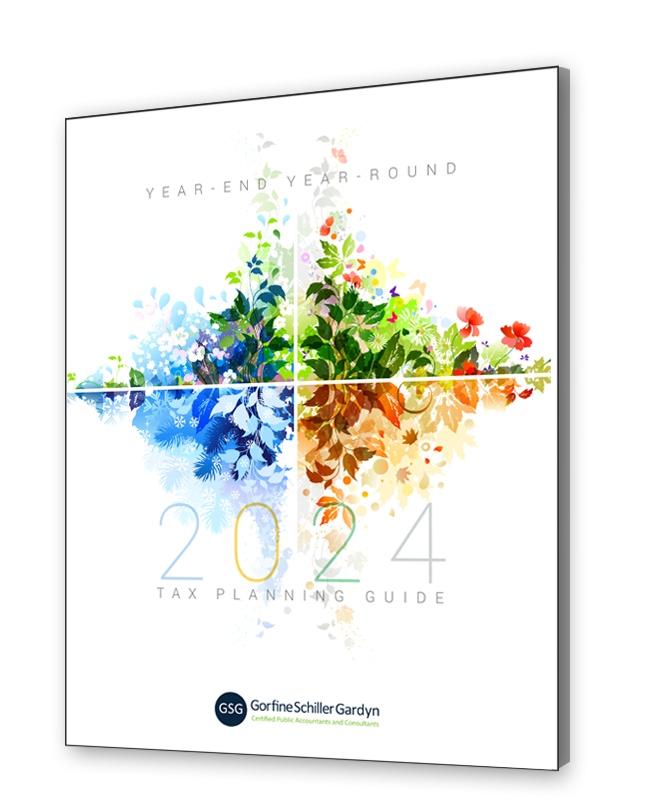In our personal lives, it is common knowledge that credit card overuse can be damaging. It’s too easy to rack up debt, and getting out of any financial hole can be challenging. If this is universal wisdom, then why do companies still struggle with credit card abuse?
Much of this is due to new technology-driven tools to track and pay expenses that make it easier for employees to use credit cards. In addition, many entrepreneurs are using credit cards to fund their companies.
For example, the Pioneer Institute found that borrowing against credit cards was one of the most common financing techniques used by startups with less than five employees. Though small-business credit cards are only about 4 percent of the card universe, they account for about $1 of every $6 in purchases and are expected to grow to about $686 billion in 2022, according to a Mercator Advisory Group blog post.
Company credit cards create an easy temptation for abuse from employees. Many often believe that their company earns a great deal of money, so why shouldn’t they take advantage – especially when they work so hard. Audit professionals see this kind of rationalization as a component of the fraud triangle.
There are any number of ways for companies to control cards, but no list seems to include the paramount reason for issuing them: Are they necessary at all? All too often cards are used because they have always been in the past, or because competing firms have them. The greater question is why:
- 1. Companies often see credit cards as perks to reward employees, rather than as tools that are needed to get a job done.
- 2. Employees that are required to use their own personal credit cards will be more discerning in their spending – because they view it as a loan to the company. They can also enjoy such perks as increased points and rewards on their cards.
Personal Credit Card Use
Since their inception in the 1950s, company credit cards have been considered empowering to employees, offering convenience and bestowing trust. Now, though, offering the employee the choice of using a personal credit card and reaping whatever benefits come with it can be considered even more empowering.
Personal credit card use in business requires employee discipline, accountability and judgment as to what is considered a necessary expense. But responsibility comes with the choice, both for the employee and the company. For example:
- 1. Encourage employees to use dedicated credit cards for business and to treat them as they would debit cards. Rather than having to combine personal expenses on the monthly bill to determine what to put on an expense report, a dedicated card presents those expenses clearly and makes reporting easier.
- 2. Insist on receipts with reports. They can make it easier to track expenses and such deductible elements as Value Added Taxes.
- 3. Pay expenses promptly to assure that employees will not have to face service charges. That’s the way to make a personal credit card perform like a debit card, and it’s particularly important as interest on a card balance rises, as is the current trend.
Business Credit Card Usage
There are still plenty of reasons to use business credit cards. Among them:
- 1. Employers may be able to take advantage of negotiated discounts in such areas as airfare and rental car payments, including insurance.
- 2. Vendor discounts are often available to company credit card users.
- 3. Company cards still offer empowerment and convenience for the user.
- 4. Tracking expenses and monitoring cashflow can be facilitated with company cards.
- 5. Careless credit card payments can also be monitored.
Card Controls
Deciding to issue company credit cards to employees who need them to do their jobs does not end responsibility for them. Without controls, cards can proliferate beyond their need and cashflow can come under assault as the business grows and the number of employees expands.
By maintaining an inventory of users, companies can assure a card program can continue as an asset. In addition to inventories, companies should establish controls, such as:
- 1. Communicate expectations. Even when employees are paying company credit card bills from reimbursements, co-mingling personal and job expenses on the card should be discouraged.
- 2. Monitor spending to assure No. 1 is being followed and to detect fraud.
- 3. Retain and store card details such as number and date of issue. Be sure the employee knows to promptly report loss or theft of the card.
- 4. Cap expenditures by setting spending limits for such items as meals and hotel expenses. Review that cap periodically to assure it is keeping pace with the economy.
- 5. Have an expense approval and control system that includes supervisors or managers.
- 6. Work with credit card issuers to have them provide alerts concerning card abuse.
Some companies provide credit cards on a job-level basis. For example, employees in the C-suite and those at the manager level and above may get cards to facilitate their jobs.
However, businesses should question this broad-brush approach. A CEO probably needs a company credit card to entertain important clients and travel to meetings. And yes, some managers are required to travel among company branches. Even though rank-and-file marketers also incur expenses, such as travel to trade shows and conferences and to meet with clients, that doesn’t mean that the credit card benefit should automatically accompany those roles.
In the end, a company credit card should be something needed to do a job – not a perk. With the right controls, it is possible to get a handle on any budgetary leakages that may be occurring due to credit card abuse.
Newsletter Sign Up
Tax Planning Guide
Recent Blog Posts









